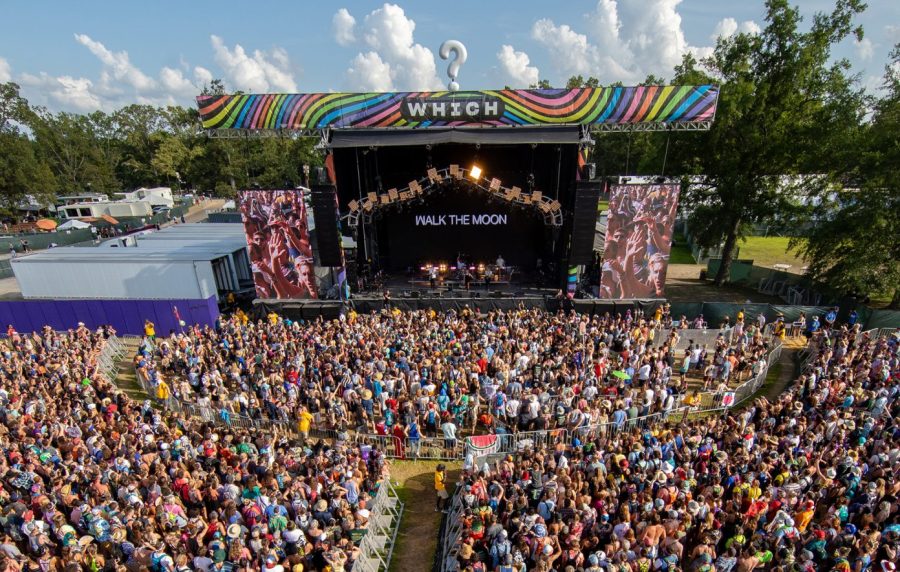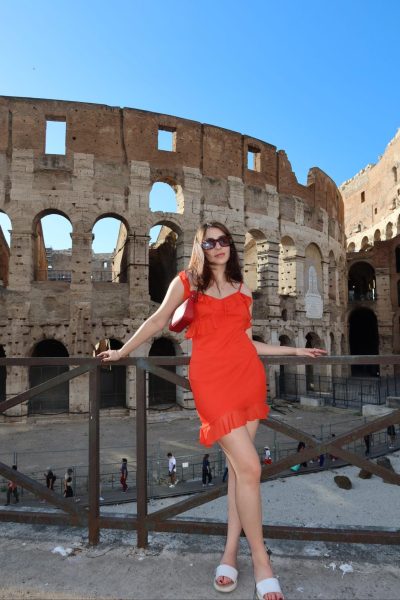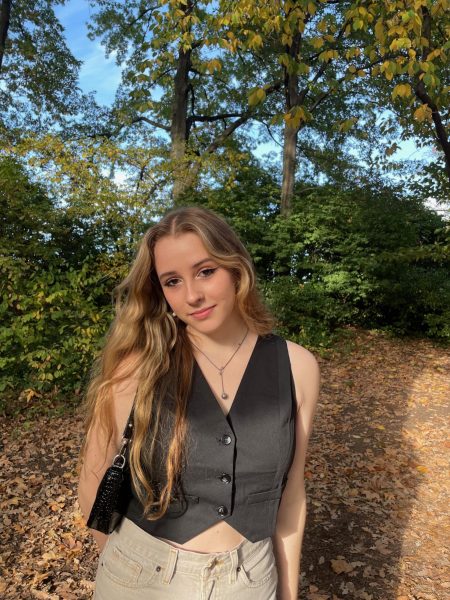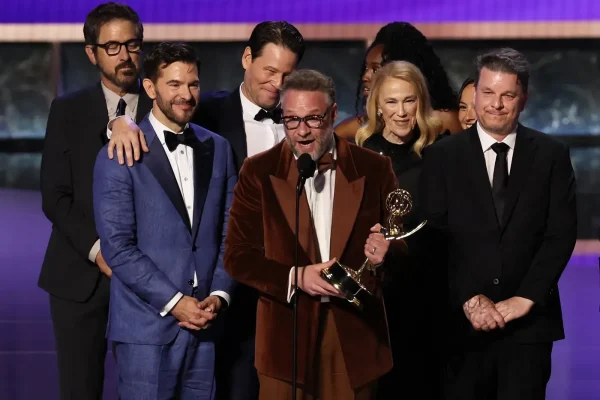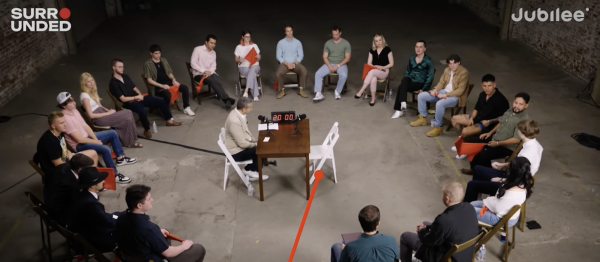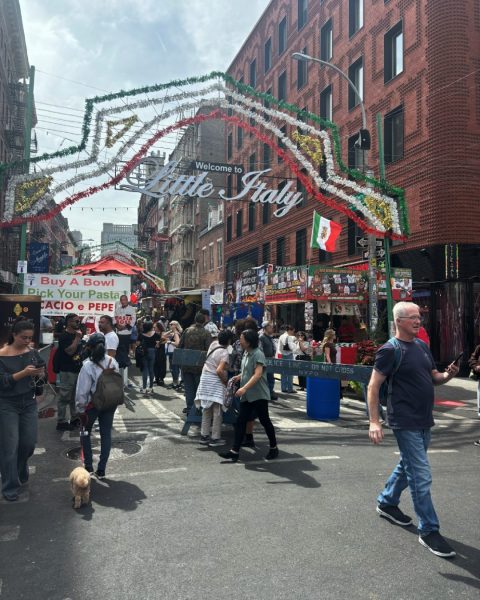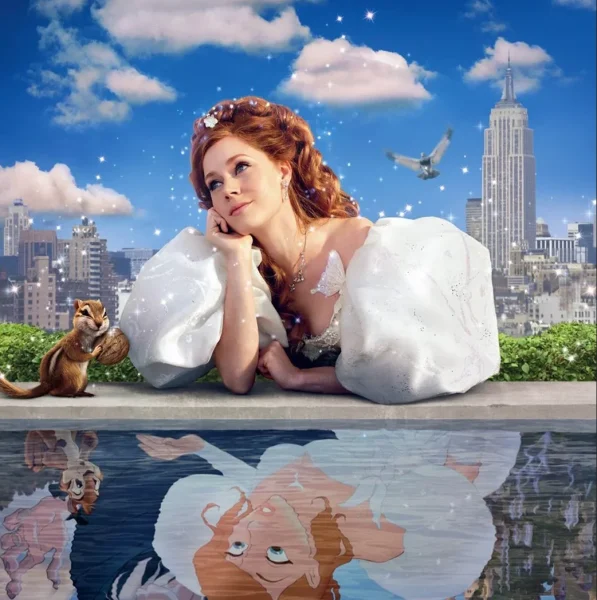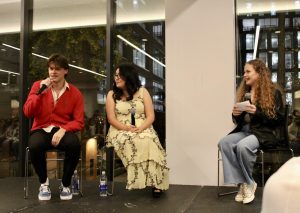The death of music festival culture
April 18, 2023
The infamous Coachella Music Festival is an annual music festival held at the Empire Polo Club in Indio, California. While it quickly gained popularity as the biggest and most highly-anticipated music festival of the country, circumstances have recently changed causing the festival to lose much of its traction.
The first ever music festival took place in Ancient Greece. Grecians would compete in singing contests as a part of the nation’s Pythian Games. Of course, this is still far from drinking Liquid Death and rubbing glitter on your body. Since then, the idea of a modern music event has changed. It is normal for the sensory environment during music festivals to vary in some ways. However, rather than a certain sound or dress code, the change that has occurred over the past few years is concentrated inside the semantics these events are constructed on.
Today’s festival culture has changed in a way that doesn’t feel unique or unusual since the qualities that make a festival good are so tepid. Instead, it is altering in a horrifyingly dull manner. This transformation is partially because of how similar these events have become. From Coachella to Lollapalooza, the festival experience has essentially crystallized into a single, resellable version of the same concept. The uniformization of music festivals has transformed what should be a unique experience into something that is nearly mundane.
As the festival economy burst in the early 2010s, the larger events needed to appeal to a wider audience in order to sell tickets. Because of this, there is a variety of overlap across current festivals. Music festivals have arguably lost the key element that made them fascinating, which was that they signaled an unexpected experience, by organizing themselves into these identikit experiences.
Meanwhile, as Coachella’s losing its momentum, another music festival has emerged into the mainstream. Rolling Loud is known as the world’s largest hip-hop festival. Coachella is a brand-focused festival. More people are drawn to the event as a whole than to any particular act. Meanwhile, Rolling Loud depends entirely on its talent. Coachella’s culture is driven by a network of influencers, digital brands, and pop-up shops. Contrarily, Rolling Loud places a higher priority on their interactions with artists, subduing influencer culture.
When the same product is offered in the same locations, the music festival scene becomes saturated. Organizations must pinpoint niches and concentrate on underutilized talent. Rolling Loud has handled this on a broad scale, which explains why it has expanded yearly.
In accordance with the melding of the festival experience across various different proprietors and sponsors, the culture of these events within themselves speak volumes of their prevailing, and now fleeting allure. Influencers and content creators establish much of the dazzle and spectacle surrounding festivals, painting a facade of flawless entertainment and a euphoric experience. Fear of missing such an occasion propels momentous publicizing and hype- both of which are deeply ingrained in the culture of these festivals, with attendees’ expectation of undergoing an incredibly sensational assimilation of music, performances, optics, acoustics and celebrity experiences.
Social media and influencers undoubtedly prompt fuss and eagerness regarding festivals, from Coachella to Rolling Loud, the posts and content ceaseless. During the days of these events, the world observes the highlight reel of the happenings from behind our screens; captivated by the glamor and charm of fashion, artistry and experience. The appearance and exterior shell of music festivals is utterly magnetic, luring in individuals from every corner of life to come together for the adventure of a lifetime. Social media markets and influencers promote this front of unadulterated, fulfilling pleasure, realities and flaws masked, establishing festival culture itself.
When the layers of festivals are peeled back to reveal the veiled truths, the agents of their intoxicating seduction are blatantly conspicuous. Despite the culture heavily reliant on social media influencers, pharmaceuticals and a blissfully euphoric experience, at their core music festivals are exactly that- a means to bring together and revel in the shadow of immense music and talent. Line ups and well-known performers excite crowds, willing individuals into tiring their physicality to the brink of exhaustion for the chance to see one amazing artist or another. In essence, the origin and stipulated purpose of music festivals are tainted by the presence of pretense, unmet expectations, misconstrued flawlessness from influencers and irresistible promotion from social media platforms.
For these reasons alone, music festivals will not die out completely any time soon. They will continue to exist as long as there is music to be performed and listeners to enjoy it. Although the heyday of large music festivals has passed, the doors are still open and ready for something new to enter.

